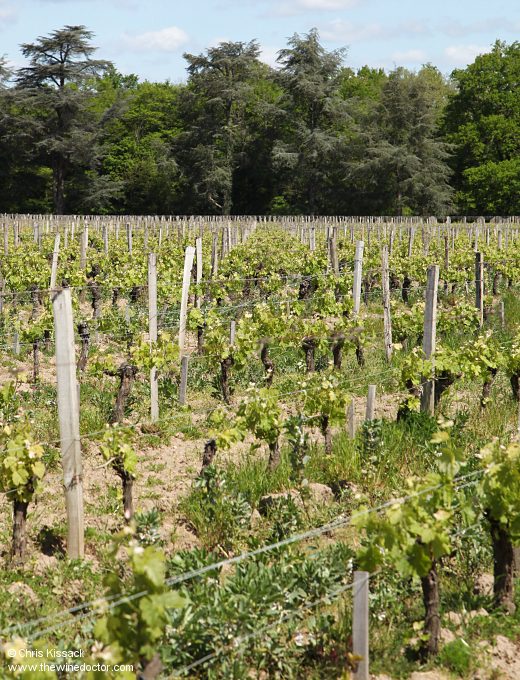Touraine Azay-le-Rideau
It was the silence that Monsieur Chemin enjoyed.
It was the summer of 1946, and after six years of conflict this earthy agriculteur welcomed the return of peace to the French countryside with open arms. Most of his fields were dotted around the commune of Cheillé, which had been on the wrong side of the demarcation line which separated the German Occupation Zone to the north, from the Free Zone, to the south. This border ran along the Cher, famously bisecting the Château de Chenonceau which had one door in each territory, but before it reached the communes of Saché, Cheillé and Azay-le-Rideau it turned south; Monsieur Chemin’s land had ended up in occupied territory.
Within a year or two all France was occupied anyway, and the border disappeared. The oppression was real wherever you were.
Only two years earlier Monsieur Chemin had been ploughing his fields under the direction of the Landwirtschaftsführer, the German agricultural manager responsible for local farmers in his corner of occupied France during World War II. But then one day in 1944 he had watched the occupiers march past one last time, and just a few days later the Americans had appeared. It was the beginning of the end; peace returned quicker than anyone could have hoped for.
And there was silence again.
Silence that was now broken by the familiar clang of metal on stone. The same clang he heard every time he ploughed Le Grand Marion, one of his more fertile fields just above the main road. He relaxed his hold on the reins, his oxen having already come to a standstill, and went to investigate. Monsieur Chemin had never seen whatever large stone lay beneath the surface here, but he was intimately familiar with it, as his plough bounced off it every year. During the war years he had ignored it, choosing to sail the plough over the top, as – being frank – there were more important matters at hand. But now things were different, and the kernel of an idea formed in his mind; maybe it was time to uproot this stone for good, preferably before he found himself in need of a new plough.
He resolved to return later in the year, with a shovel and pick, and maybe some rope, to uproot this obstruction. Having made his decision his mind came back into the present; he picked up the reins once more, and fired his oxen back into life.

